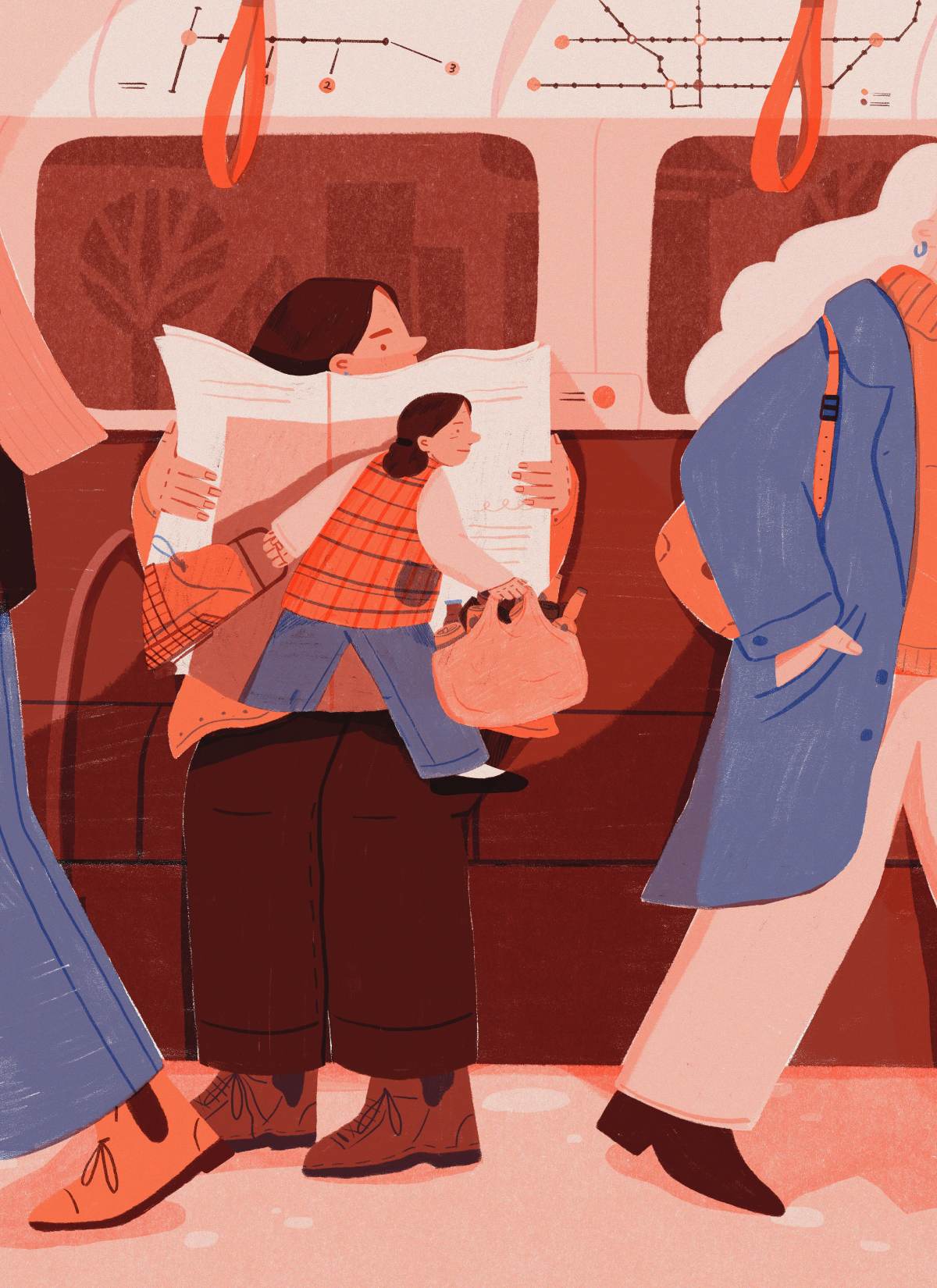
"P EOPLE THINK private investigators are dirty. They're oily guys with coffee breath, tattletales. On TV, private eyes cut past curtains with their telephoto lenses, dig in trash cans, stick their hammy hands in underpants drawers. Which is fake, of course. We're not permitted to record anyone anywhere they have a reasonable expectation of privacy. So if I should look through your bedroom window, and I should happen to see you boiling up some meth, I'm not putting that in my report."
"What make of car did you park behind this morning? There was a man sitting behind you on the bus: what colour hat was he wearing? No one sees the people around them. No one notices the forty-three-year-old Chinese woman driving a dusty minivan. This is my great advantage as a private eye. I'm invisible, I'm interchangeable. That used to be cause for despair, but now I like it."
A private investigator contrasts cinematic stereotypes with legal and professional limits that govern real-world surveillance. Regulations prohibit recording anyone where they have a reasonable expectation of privacy, shaping what can be documented. The investigator describes a stakeout following a CTO claiming short-term disability for a frozen shoulder near a subway and a large chain pharmacy in Toronto. Surveillance relies on anonymity, patient observation, and attention to small behavioral cues. The investigator values being invisible and interchangeable amid urban indifference. An inexperienced colleague recalls more interactive prior work, and the investigator advises maintaining focus by hollowing the mind.
Read at The Walrus
Unable to calculate read time
Collection
[
|
...
]